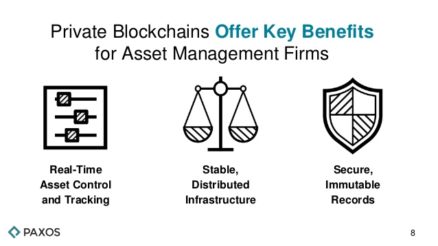An SEC subpoena is not exactly what any Issuer (or stock promoter) puts on the top of their birthday wish list. And, for crypto cool kids who are either already a member of the ICO Issuers Club, or who have applied to become part of the dapper dapp crowd that is floating digital coin or digital token offerings, its time to make sure that you have set aside real cash (or crypto-currency) for defense counsel fluent in engaging with the SEC.
According to multiple news outlets, the top US securities regulator has launched a series of cluster bombs in the form of SEC subpoena aimed at ICO Issuers and respective enablers. Included in the SEC’s ‘outreach” are ‘consultants, advisors, promoters, and other actors who have played a role in helping blocktech start-up companies raise what industry experts believe to be billions of dollars through initial coin offerings. Of that figure, forensic investigators believe at least $200 million raised by several dozen ICO companies during the past year has “gone south.”
As noted by investor document preparation firm Prospectus.com, “According to multiple news outlets, in recent weeks the SEC has sent subpoenas to dozens of blocktech companies and individuals who are involved in cryptocurrency, including crypto crowd thought-leader Patrick Byrne, the founder of Overstock.com and his company’s cryptocurrency-focused subsidiary, tZero. When Overstock announced in early November they would be launching an ICO, the company’s shares skyrocketed from the the mid $20’s to nearly $90 per share in a manner of days. When it was revealed this week that Overstock (NASDAQ:OSTK) was one of multiple companies that have received SEC subpoenas, its share price plunged 20% in two days.
“ICO Issuers are compelled to understand the term “Caveat Venditor”, lest they be moved to the top of the SEC’s ICO Subpoenas list.”
The targets of the initial coin offering crackdown subpoenas include potential SEC enforcement actions against companies that have launched ICOs, the cryptocurrency equivalent of IPOs, as well as their lawyers and advisers. The subpoenas reportedly include requests for information on how ICO sales and pre-sales are structured, according to anonymous sources to WSJ. The SEC is also requesting the identities of the investors who bought digital tokens, The New York Times found. The SEC declined to comment.
 Peter Berkman, a Florida-based securities attorney and US Federal Bar Association member who also advises investor document preparation firm Prospectus.com, stated “Nobody should be ‘shocked’ that regulators are stepping up their scrutiny of ICOs given that many have the characteristics straight out of “Boiler Room 4.0.” There’s a cadre of bad actors and so-called promoters who are preying on the naivete of start-up entrepreneurs as well as the greed profile of unsophisticated investors,” stated Berkman.
Peter Berkman, a Florida-based securities attorney and US Federal Bar Association member who also advises investor document preparation firm Prospectus.com, stated “Nobody should be ‘shocked’ that regulators are stepping up their scrutiny of ICOs given that many have the characteristics straight out of “Boiler Room 4.0.” There’s a cadre of bad actors and so-called promoters who are preying on the naivete of start-up entrepreneurs as well as the greed profile of unsophisticated investors,” stated Berkman.
There are steps that ICO issuers can take to stay inside the regulatory goal posts, or at very least, under the radar given that SEC rules for ICOs remain in the ‘forming stage. Attorney Berkman advocates ICO Issuers should be compelled to understand the term “Caveat Venditor”, unless they want to be moved to the top of the SEC’s ICO Subpoenas list. Prospectus.com thought-leaders were arguably early to opine that among other ICO compliance guidelines to follow, accredited investor guidelines should be embraced by ICO issuers. The firm has provided multiple crypto cool kids and start-up entrepreneurs with a best practice approach to raising capital in the course of advancing digital token and digital coin offerings.
To continue reading via blog post at Prospectus.com, click here
If you’ve got a hot insider tip, a bright idea, or if you’d like to get visibility for your brand through MarketsMuse via subliminal content marketing, advertorial, blatant shout-out, spotlight article, news release etc., please reach out to our Senior Editor or email: cmo@marketsmuse.com.



